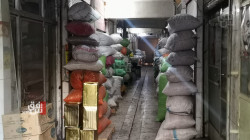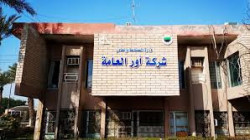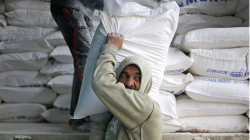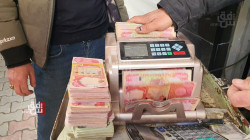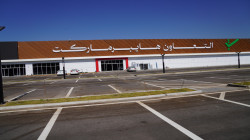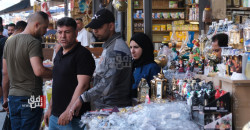Ministry of Trade: no economic Crisis in Iraq
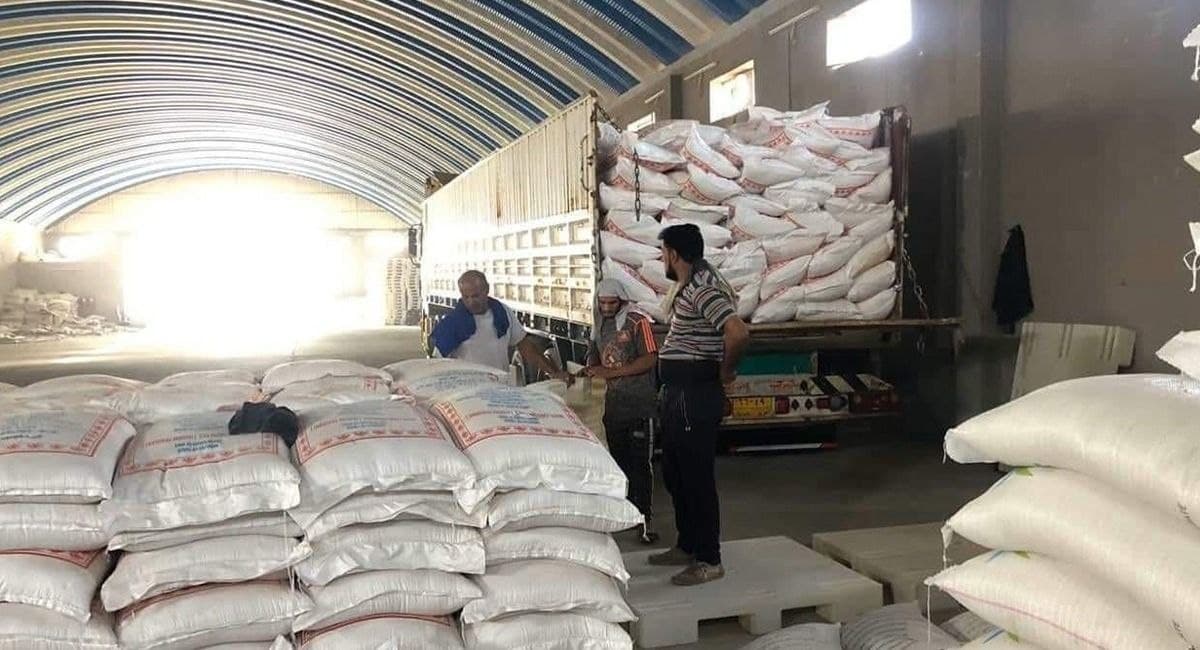
Shafaq News/ On Monday, the Iraqi Ministry of Trade reassured the public that there would be no grain or flour crisis.
The Ministry's media office quoted the Director-General of the General Company for Grain Manufacturing, Atheer Daoud Salman, expressing commitment to distributing flour to all beneficiaries by the plans of the Ministry.
He added that the Ministry offers families flour at nominal cost, affirming that his company has no involvement with commercial flour prices, which are subjected to commercial speculation and global market prices.
For his part, the First Deputy Speaker of the House of Representatives, Hakim Al-Zamili, chaired this morning a meeting with the Minister of Trade, the Head of the National Security Apparatus, and the Director of Economic Security to follow up on rising food prices in the markets.
Al-Zamili said in a press conference, "We would provide two sets of foodstuffs during the month of Ramadan," stressing that "the merchants who manipulate prices will be held accountable."
Last week, the Iraqi local markets witnessed fast-rising prices, especially foodstuffs. Analysts say that the Russian-Ukrainian conflict affects the Iraqi economy, leading to a crisis, especially in Ramadan holy month, which starts within weeks.
Yesterday, Iraqi Prime Minister Mustafa Al-Kadhimi chaired an "emergency" meeting to discuss food security in the country and measures to contend with high prices, issuing directives to finance, trade, and agriculture ministries.
The first citizens' response to the situation sparked in Muthanna Governorate, where dozens of Al-Khader blocked the highway linking the District with Samawa, the capital of Muthanna, demanding the government to control prices and provide urgent support to the poor.
According to the World Bank, Iraq is one of the most oil-dependent countries globally. Over the last decade, oil revenues have accounted for more than 99% of exports, 85% of the government's budget, and 42% GDP. This excessive dependence on oil exposes the country to macroeconomic volatility, while budget rigidities restrict fiscal space and any opportunity of countercyclical policy.
Despite Iraq's current political and economic challenges, the World Bank suggested maintaining peace, tapping into the country's export potential, and reviving the agriculture sector can help Iraq lead to economic diversification, growth, and stability.
